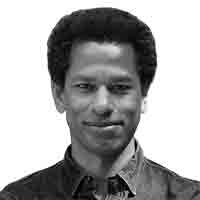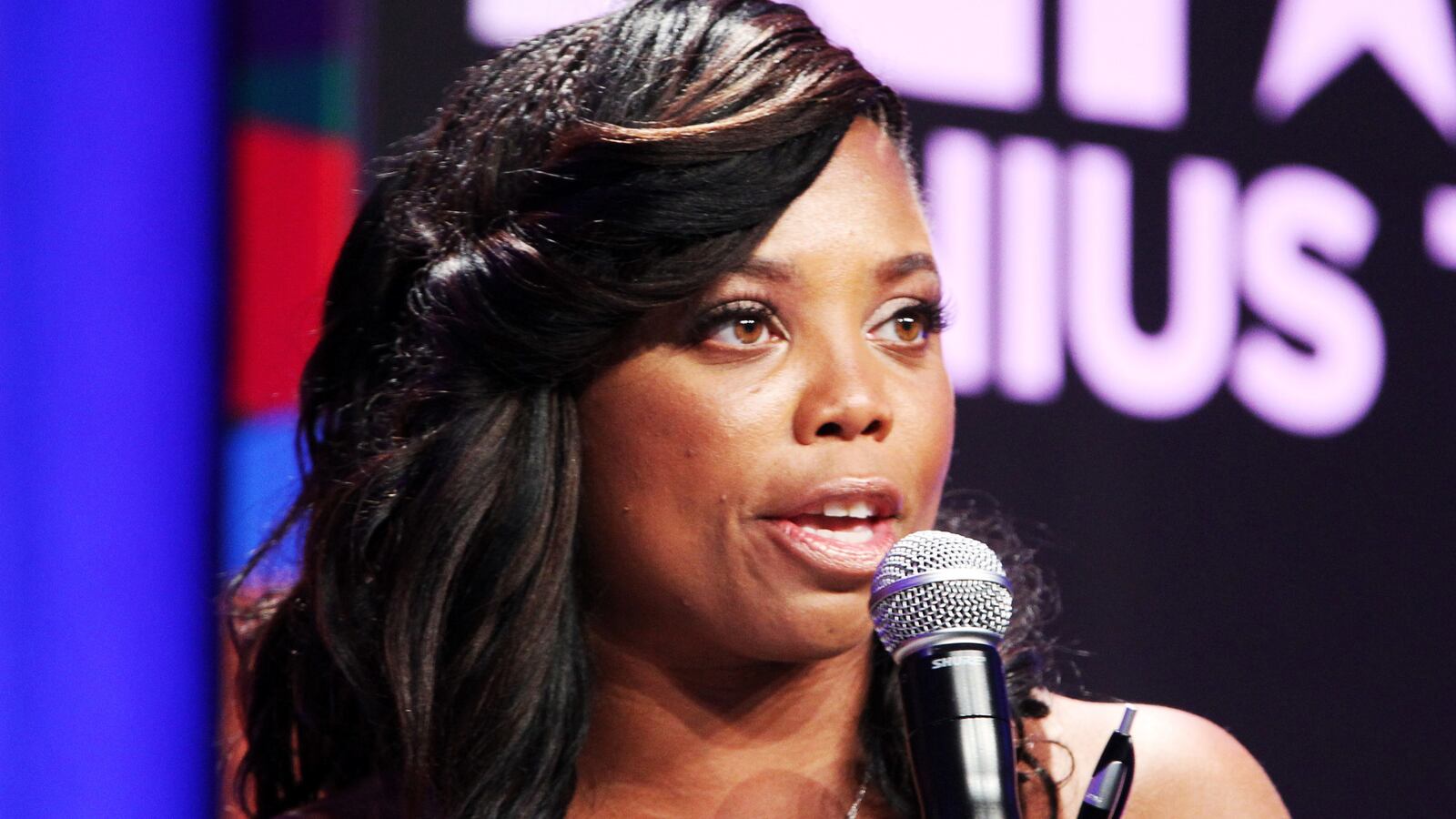In certain ways American law considers corporations to be like people and this is an absurd notion except that sometimes corporations do, kind of, act like people. Sometimes corporations get scared, usually because of a glimpse at their own mortality. And, like people, when they get scared they act very defensively. They become very afraid of people speaking messy truths. They make decisions like ESPN did in suspending Jemele Hill for two weeks for tweets that tied too closely to a much larger drama that the company is dealing with.
ESPN may not be a political network but this is such a highly politicized moment in history that they couldn’t avoid getting drawn in. They’re telling the story of this hyper-politicized time and showing video of scores of NFL players kneeling for the national anthem, and rolling clips of prominent players like Lebron James and Steph Curry and coaches like Gregg Popovich and Steve Kerr bashing the president, and reporting on championship teams that refuse to visit the White House—and at some point within all of that it becomes hard for the audience to not perceive a bias. And for many, the network now seems too liberal.
The main political opinion-giving hosts on ESPN—the talent who are most often called upon to speak freely about things beyond sports—are Stephen A. Smith, Max Kellerman, Michael Wilbon, Tony Kornheiser, Michael Smith, and Jemele Hill. Most of those people are black and all of them are lefty and progressive. They’re all staunchly anti-Trump and pro-kneeling. Stephen A. Smith’s show First Take is so lefty that they hired a conservative, Will Cain, to occasionally offer some balance.
There are no major conservative voices at ESPN. There’s no host at the network who’s speaking up for, say, people who are offended by the kneeling. It could easily seem like ESPN wants to be perceived as progressive. Their on air team is diverse in terms of both race and gender—the network has women in the booth doing baseball, basketball and college football games, and it has more black hosts than MSNBC or CNN. Within all of that there’s a seemingly endless coverage of black athletes revolting against a system of oppression—they’re speaking out at the ESPYs and wearing provocative T-shirts that say “I Can’t Breathe” and kicking Donald Sterling out of the NBA and refusing to go to the White House and kneeling during the anthem and on and on. And ESPN is noticing a trend that’s frightening to them: Republican voters are leaving ESPN.
Multiple studies show significantly fewer Republican viewers are watching ESPN now versus the years prior to 2015. Viewership among Democrats has remained steady even while, as one study notes, there was a significant drop in Republican viewership in April 2016 after former MLB pitcher Curt Schilling was fired for tweeting about transgender people and North Carolina’s bathroom laws. Schilling wrote, “A man is a man no matter what they call themselves. I don’t care what they are, who they sleep with, men’s room was designed for the penis, women’s not so much. Now you need laws telling us differently? Pathetic.”
Many people would agree that his comment is insensitive, regressive, uncomfortably hateful and definitely anti-trans. But then again, there are many sports fans agree who with him. There are people who are not accepting of trans people and the idea of opening bathrooms to them, and if you’re one of those people and you see Schilling fired for saying what you believe, wouldn’t you feel abandoned by the network that fired him?
There is a relentless whataboutism on the right that threatens to make almost any discussion worthless. By whataboutism I mean the way any discussion can be short-circuited by saying “but what about x???” where x is usually something that’s not really equivalent but is close enough to turn the conversation into mush. There’s also an endless sense of victimhood on the right which Trump feels in his bones. To a people who felt victimized by ESPN’s firing of Schilling, the Hill moment was a revelation. They see no difference between Schilling’s comment and Hill’s attacks on the president.
Seeing Schilling get fired while Hill was not is, to them, further proof that the deck is stacked against white men and the right in general and the mamby-pamby PC police are ruining the country and ESPN is part of the left-leaning mainstream fake media that silences right-wing voices. The cultural revolution that Trump was protecting them against—the revolution that was taking the country away from white men—was also happening at ESPN. First they honor Caitlyn Jenner at the ESPYs and then they let a woman in the booth to call baseball games and then they turned the 6 p.m. hour into the blackest hour of the day.
The 6, as Michael and Jemele renamed the 6 p.m. Sportscenter, is funky like an old batch of collard greens. It’s ESPN’s most unapologetically black show. Some noted that the show meant a lot to black culture and I know I was thrilled to see two opinionated black hosts make it to a high level in TV together. But in a world where some white people see race as a zero sum game that they are losing, to them The 6 may have seemed like yet another example of the ongoing erasure of an America that centered them.
So Hill’s anti-Trump and pro-kneeler tweets highlighted her aggressively lefty position at a time when ESPN is hemorrhaging viewers in general and losing them even faster from the right. And for a company that’s scared about its future, a company that feels vulnerable, suspending her was a way of saying that there are limits on what progressives can say at ESPN, too. When you host a TV show, unless you’re a huge star, then you are, in a sense, renting space from the bosses. You get as much latitude as they allow. If they tell you that you can’t say something, then you have to respect that or hang up your mic. You serve at their pleasure.
But Hill seems to recognize that this is a unique political moment and that black people are under threat from both the police and Trump, which means that if you have a platform being silent would be both immoral and dangerous. ESPN gave Hill a platform and helped her become a national star. But if she can’t speak her mind at this political moment then that platform may not be for her. There was a time when Hill needed ESPN a lot more than they needed her but that power dynamic has changed. She’s a telegenic star who’s widely known. Her suspension has made her more beloved by her fans. If the network is too scared to let Jemele be Jemele, then maybe she should take her mic elsewhere.






